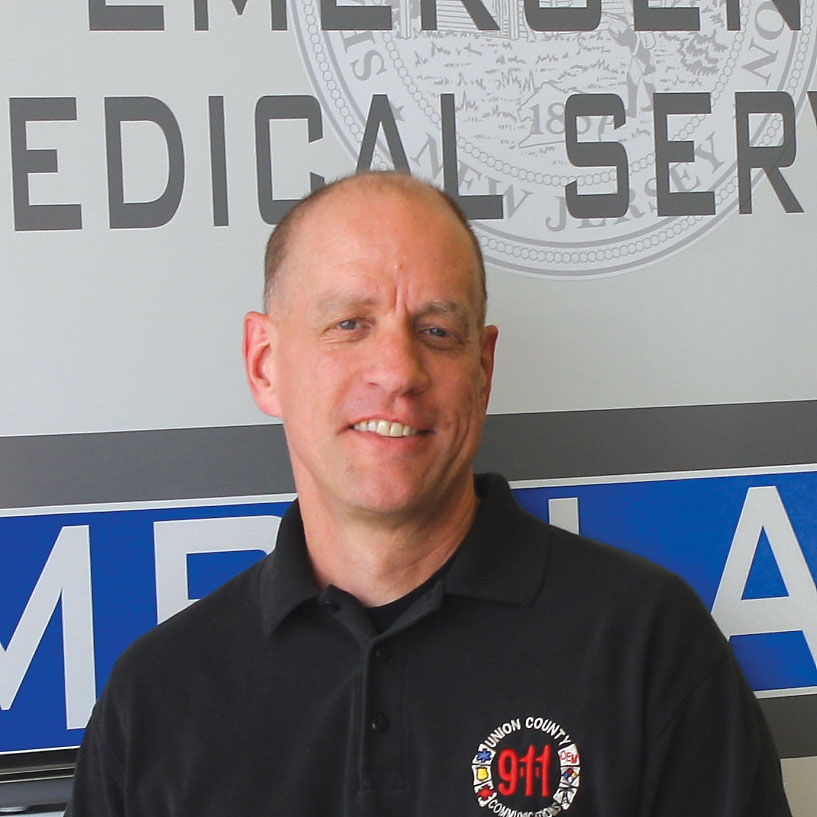

Treating Callers Like Real People

Columns
Art Braunschweiger
I’m a staunch believer in delivering good customer service. Sadly, being able to really talk to someone when you have a problem is rarely possible today. More and more phone companies, cable companies, and other service delivery firms have replaced real conversational interaction with robotic dialogue. Scripted phrases of politeness like “I’m very sorry to hear that” and “I’d be more than happy to help you” are read by rote and carry no feeling whatsoever.
Recently while en route to the airport, I had occasion to call Alaska Airlines because neither its website nor its mobile app would recognize my confirmation number. Irritated, I called the 800 number. After receiving a friendly greeting, I explained the problem and was asked what day I was traveling. “Today,” I replied. That day happened to be June 21st. “First day of summer!” the airline representative exclaimed. “We’ve been waiting a long time for that here in Seattle. Let me get your last name, and I’ll see what’s going on.” Her human approach immediately took away my irritation with the situation. I walked away from that call impressed, and not just because my problem had been taken care of.
Kudos to Alaska Airlines for allowing their employees to talk to people like people. That’s what real customer service centers around: the human element in the interaction. It’s why I constantly remind my trainees to talk to people like real people. It’s not always easy, especially when a caller is impatient or has unrealistic expectations. All too often the emergency dispatcher becomes impatient or irritated with the caller, and the call goes downhill from there. I’ve seen dispatchers who feel self-righteous after a call like that, but here’s the problem: Projecting a negative attitude won’t do anything for your agency’s reputation and will probably hurt it. No caller will ever think to herself, “I deserved the way he talked to me.” Instead she’ll probably tell five friends how unhelpful you were.

As emergency dispatchers, all of us have to deal with unrealistic expectations on a daily basis. Take the case of a resident living next door to a fire scene who called to complain that the firefighters were all just “standing around” in front of her house doing nothing. Those particular firefighters had just gone through rehab (rehabilitation, or cooling down, rehydrating, and having EMS check their vital signs). She didn’t know that. Or the caller who insists that the patient—a family member—needs to be transported to a faraway hospital because that’s where her surgery was done. Taking a moment to explain why it isn’t possible goes a long way.
Obviously there are times to keep the dialogue at an official level and times where it’s okay to step back from that. Even in crisis, though, it’s appropriate to be human at times. Years ago my partner took a call from a frantic mother whose baby was having a first-time seizure. At one point she said, “Listen—I know this is scary. Trust me, I know this is scary. But you have to calm down so we can help your baby, okay?” Said with empathy, it was the key that opened the door through that wall of hysteria.
Make it a game. I do. It’s simple: If I get someone on the phone who starts out impatient or dissatisfied and I get that call to end on a pleasant note, I win. I live for that turnaround and a genuine “thank you” from the caller. It’s what gives me satisfaction in this job. I believe that a 100 percent turnaround rate should be every emergency dispatcher’s goal. It shows you’re a true dispatch professional and one who’s never willing to deliver anything less than your best.








